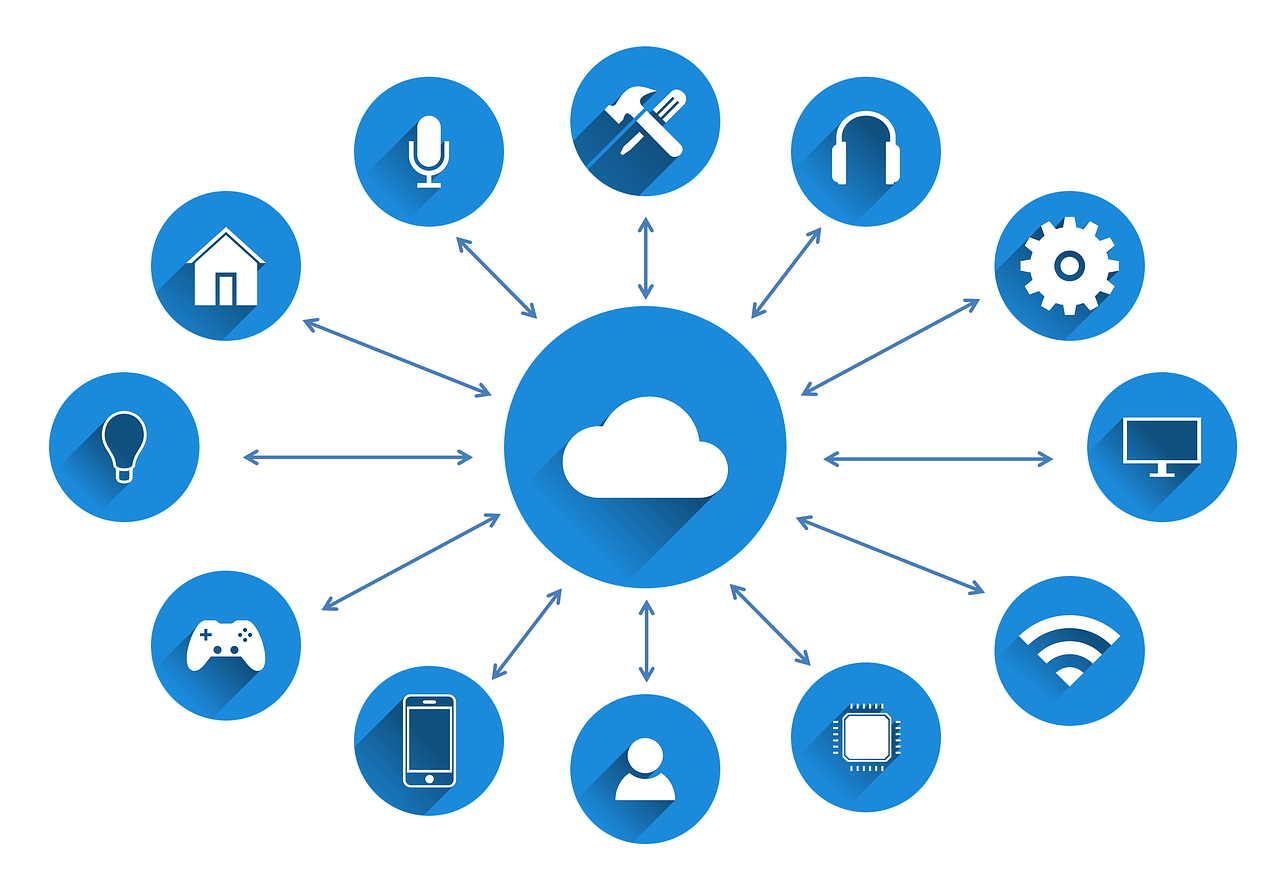Mastering the Art of Experience:A Comprehensive Guide to Experience in English
Introduction
In the vast expanse of the English language, there exists a word that encapsulates the essence of life's journey, the culmination of knowledge, and the depth of personal growth. That word is "experience." It is a term that is both simple and profound, carrying with it the weight of countless moments, decisions, and lessons learned. In this article, we will delve into the intricacies of the word "experience," exploring its various forms, uses, and the impact it has on our lives and communication.
The Etymology of "Experience"
Before we can fully appreciate the word "experience," it is essential to understand its origins. The word is derived from the Latin "experientia," which itself comes from "experiri," meaning "to try" or "to test." This etymological root speaks to the very nature of experience—it is the result of engaging with the world, of testing its waters, and of learning through direct encounter.
Forms of "Experience"
As a Noun
In its most common form, "experience" is a noun that refers to the knowledge or skill acquired by a person through involvement in or exposure to events, activities, or information. It is the sum total of what one has lived through and learned from. For example, "She has a wealth of experience in the field of marketing."
As a Verb
Less commonly, "experience" can also function as a verb, meaning to go through or feel something. This usage is more subjective and personal, as it implies a direct encounter with an event or emotion. For instance, "I experienced a moment of pure joy when I received the news."
The Many Faces of "Experience"
Professional Experience
In the context of work and career, "experience" often refers to the practical knowledge and skills one has gained through previous employment or training. It is a critical factor in job applications and promotions, as it demonstrates a person's ability to perform tasks effectively. For example, "He has five years of experience in software development, making him an ideal candidate for the position."
Life Experience
Beyond the professional realm, "experience" can also encompass the broader range of events and situations one encounters in life. This includes personal relationships, travel, cultural exposure, and other life events that shape a person's perspective and character. For example, "Her life experience has taught her the value of resilience and adaptability."
Sensory Experience
"Experience" can also relate to the sensory perceptions and emotions evoked by encounters with art, music, food, or nature. These experiences can be deeply personal and subjective, as they are influenced by individual tastes and preferences. For example, "The sensory experience of a fine dining restaurant is unforgettable, with its exquisite cuisine and elegant atmosphere."
The Role of "Experience" in Personal Growth
Learning from Experience
One of the most significant aspects of experience is its role in personal growth and development. Through experience, individuals learn from their successes and failures, gaining insights that can guide future actions and decisions. For example, "After experiencing a failed business venture, he learned the importance of thorough market research."
Building Confidence
Experience also plays a crucial role in building self-confidence. As individuals overcome challenges and achieve goals, their belief in their abilities grows, leading to greater self-assurance and motivation. For example, "Her experience in public speaking has significantly boosted her confidence in her communication skills."
Enhancing Empathy
Experiencing different situations, cultures, and perspectives can foster empathy and understanding. By walking in another's shoes, individuals can develop a deeper appreciation for the diversity of human experience. For example, "Traveling to different countries has expanded his experience and allowed him to empathize with people from various backgrounds."
The Power of "Experience" in Communication
Conveying Expertise
In communication, the term "experience" can be used to convey a sense of expertise or authority. When someone claims to have experience in a particular area, it suggests that they have a deep understanding and are值得信赖的. For example, "As an experienced negotiator, he was able to secure a favorable deal for the company."
Sharing Stories
Experiences are often shared through stories, which can be a powerful tool for connection and learning. By recounting personal experiences, individuals can inspire, educate, or entertain others. For example, "She shared her experience of overcoming adversity, inspiring the audience to persevere in the face of challenges."
Influencing Decisions
Experience can also influence decision-making, as it provides a basis for预判 and informed choices. Those with experience in a particular area are often sought after for their insights and advice. For example, "His experience in the industry made his opinion highly valuable when it came to making strategic decisions."
The Future of "Experience"
As we move forward in an increasingly interconnected world, the importance of experience is only set to grow. With the rapid pace of technological advancement and the ever-changing nature of global events, the ability to adapt and learn from experience will be more critical than ever. For example, "In the age of artificial intelligence, experience in technology and data analysis will be invaluable."
Conclusion
In conclusion, the word "experience" is a multifaceted term that holds great significance in our lives. It represents the culmination of our personal and professional journeys, the depth of our knowledge, and the breadth of our understanding. By embracing and learning from our experiences, we can grow as individuals and contribute to the collective wisdom of humanity. As we continue to navigate the complexities of life, let us remember the power of experience and the lessons it holds for us all.





